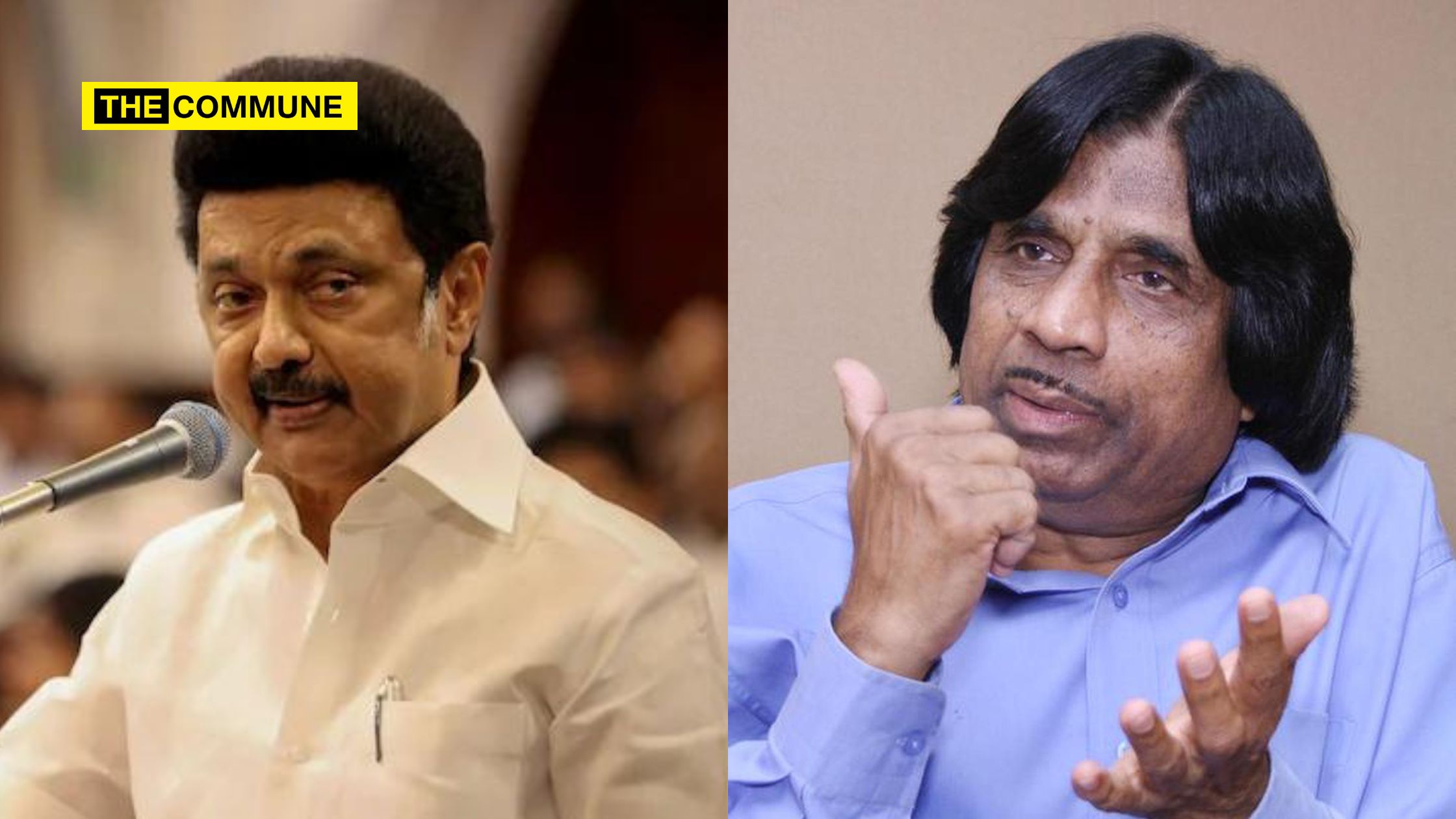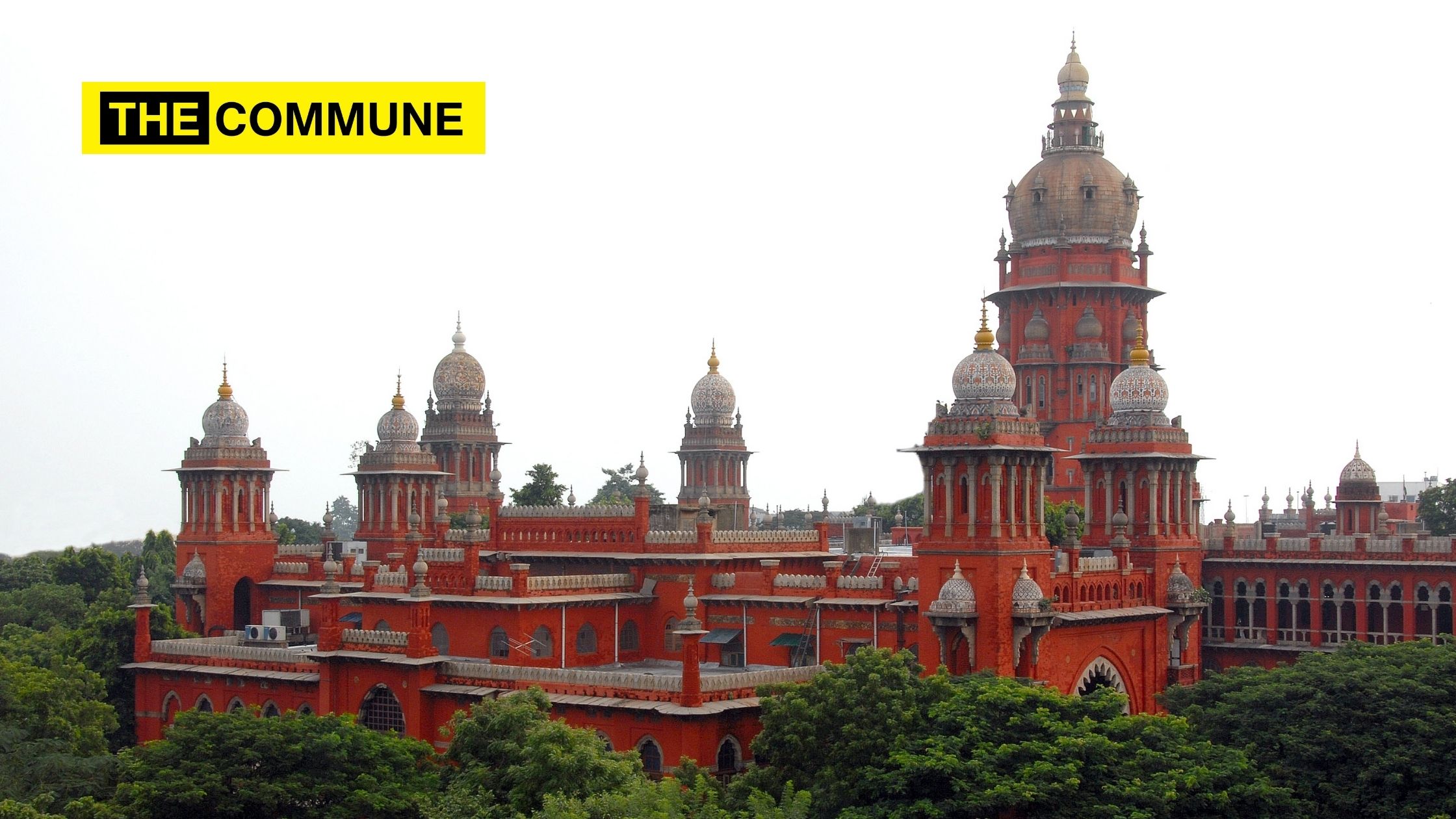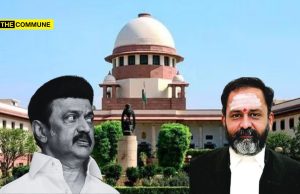
Former Anna University Vice-Chancellor E Balagurusamy has urged the Tamil Nadu government to implement a three-language policy.
In a statement, Prof. Balagurusamy criticized the state government’s continued support for the two-language policy, stating that it deprives underprivileged, rural, and government school students of the chance to learn an additional language. Meanwhile, students in affluent urban areas attending private schools often gain this advantage.
He highlighted that the three-language policy upholds the nation’s cultural and linguistic diversity. While the National Education Policy (NEP) does not mandate a specific language, he emphasized that learning Hindi, India’s most widely spoken language, could foster patriotism, promote national unity, and strengthen harmony.
Prof. Balagurusamy also pointed out the hypocrisy of leaders opposing the three-language policy, noting that their children often study Hindi without hesitation, leaving underprivileged children disadvantaged. He added that learning an additional language like Hindi could enhance job prospects in sectors such as employment, trade, and central government roles. He urged Tamil Nadu to reconsider its stance and align with other states’ progressive practices to benefit its youth.
தேவை மும்மொழிக் கொள்கை#tamiljanam #AnnaUniversity #balagurusami #Students #education #hindi #Jobs pic.twitter.com/OiIZYj7rhT
— Tamil Janam (@TamilJanamNews) December 12, 2024
Since 2020, former Anna University Vice-Chancellor E. Balagurusamy has advocated for adopting a three-language policy in Tamil Nadu. He has consistently urged political leaders, particularly the Dravidian party’s chief minister, to reconsider their opposition, often framed around the argument that introducing Hindi might lead to linguistic domination. Contrary to this narrative, Balagurusamy argues that the lack of opportunities to learn a third language, especially Hindi, has disadvantaged many students in the state.
When the AIADMK-led state government reaffirmed its commitment to the two-language policy in 2020, Balagurusamy criticized it. He pointed out that while the National Education Policy (NEP) does not mandate learning any specific language, acquiring a widely spoken language like Hindi could provide significant advantages. He explained that it fosters patriotism, national unity, and integration, enhances personal development, and facilitates opportunities for employment, trade, and mobility across states. Furthermore, knowledge of Hindi could benefit those aspiring to join central government services or multinational companies with a presence across India.
In directly appealing to the Chief Minister, Balagurusamy expressed dismay over the labelling of the three-language formula as “saddening and painful.” He questioned whether this sentiment truly reflected the feelings of Tamil Nadu’s people or merely the political opposition to the idea. According to him, the real tragedy lies in Tamil Nadu being the only state denying its students the chance to learn an additional Indian language for over five decades. Drawing from personal experience, he noted that the two-language policy had severely limited opportunities for students like him in the past.
Balagurusamy highlighted the disparity between rich and poor students in the state, emphasizing that the two-language formula disproportionately affects rural and government school students who lack access to additional language education. In contrast, students from affluent families attending private or CBSE schools can freely learn multiple languages, including Hindi. He pointed out the hypocrisy of political leaders opposing the three-language formula while their own children and grandchildren study Hindi or attend institutions where Hindi is a compulsory subject.
Citing Tamil Nadu’s late Chief Minister C.N. Annadurai, who championed the two-language policy in 1968, Balagurusamy argued that the socio-political landscape has changed drastically over the past five decades. He suggested that Annadurai, known for his progressive thinking, would likely have revised his stance in today’s context, just as he did with the idea of “Dravida Nadu” in favor of a united India.
Balagurusamy underscored the importance of preserving India’s multilingual heritage and the pluralistic culture it represents. He urged Tamil Nadu to view linguistic diversity as an asset rather than a political challenge, emphasizing that the three-language policy could enrich students’ horizons and integrate them into the national mainstream. This, he asserted, is essential for fostering social, cultural, and economic progress in a rapidly evolving world.
Subscribe to our channels on Telegram, WhatsApp, and Instagram and get the best stories of the day delivered to you personally.




